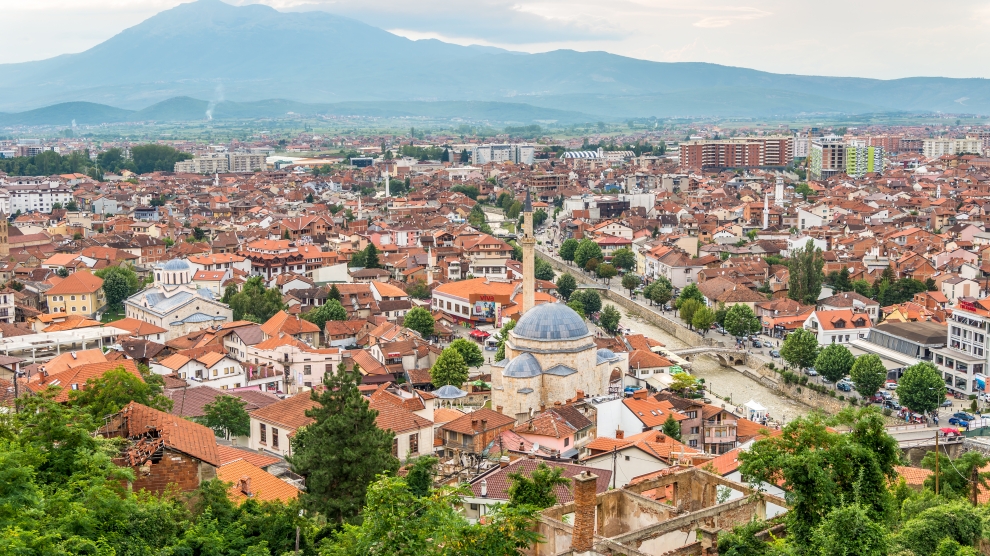
May 1, 2019
Dominik Istrate
Leaders of Kosovo and Serbia have agreed to restart dialogue about a range of disputes between the two countries, but failed to reach any concrete conclusions during an EU-backed Western Balkans summit in Berlin on April 29.
According to the German government, Serbia and Kosovo will move forward with implementing existing agreements, with both sides pledging to play a constructive role during future talks. Bilateral negotiations broke down last November when Kosovo’s government imposed a 100 per cent tariff on all Serbian import goods after Serbia blocked its neighbour’s bid to join Interpol.
Key topics which remain unsolved include Serbia’s non-recognition of Kosovo, the controversial proposal of a possible land swap deal and the de-facto trade war between the two countries.
Even setting the Berlin agenda highlighted differences. Serbian president Aleksander Vučić said that Prishtina had requested Belgrade recognise Kosovo while Serbia wished only to discuss the revocation of Kosovan import tariffs.
Despite his previous calls for his government to revoke tariffs on Serbian goods, the Berlin summit pushed Kosovan president Hachim Thaçi to back the restrictions.
“There are no negotiations, dialogue or agreement without the participation of the US. The EU is too weak and not united to move things forward in the Western Balkans,” Mr Thaçi added, pointing to Germany and especially France as being less supportive of the integration of Western Balkans countries.
Organised as part of the Berlin Process, an EU-mediated initiative to bring Albania, Bosnia-Herzegovina, Kosovo, Montenegro, North Macedonia and Serbia closer to the European bloc, the summit was attended by German chancellor Angela Merkel, French president Emmanuel Macron, EU foreign policy chief Federica Mogherini, as well as leaders from Croatia and Slovenia.
The German and French leaders stressed their commitment towards stability in the region, noting the positive example of North Macedonia which settled a decades-long conflict with Greece last year, which resulted in advancing Skopje’s Euro-Atlantic aspirations.
No comments:
Post a Comment